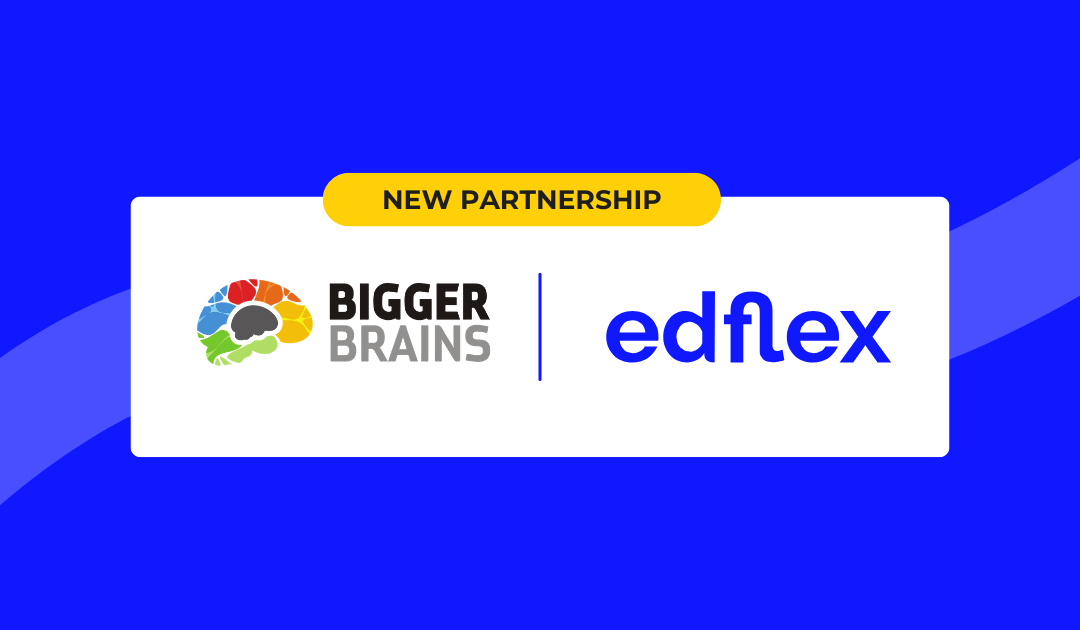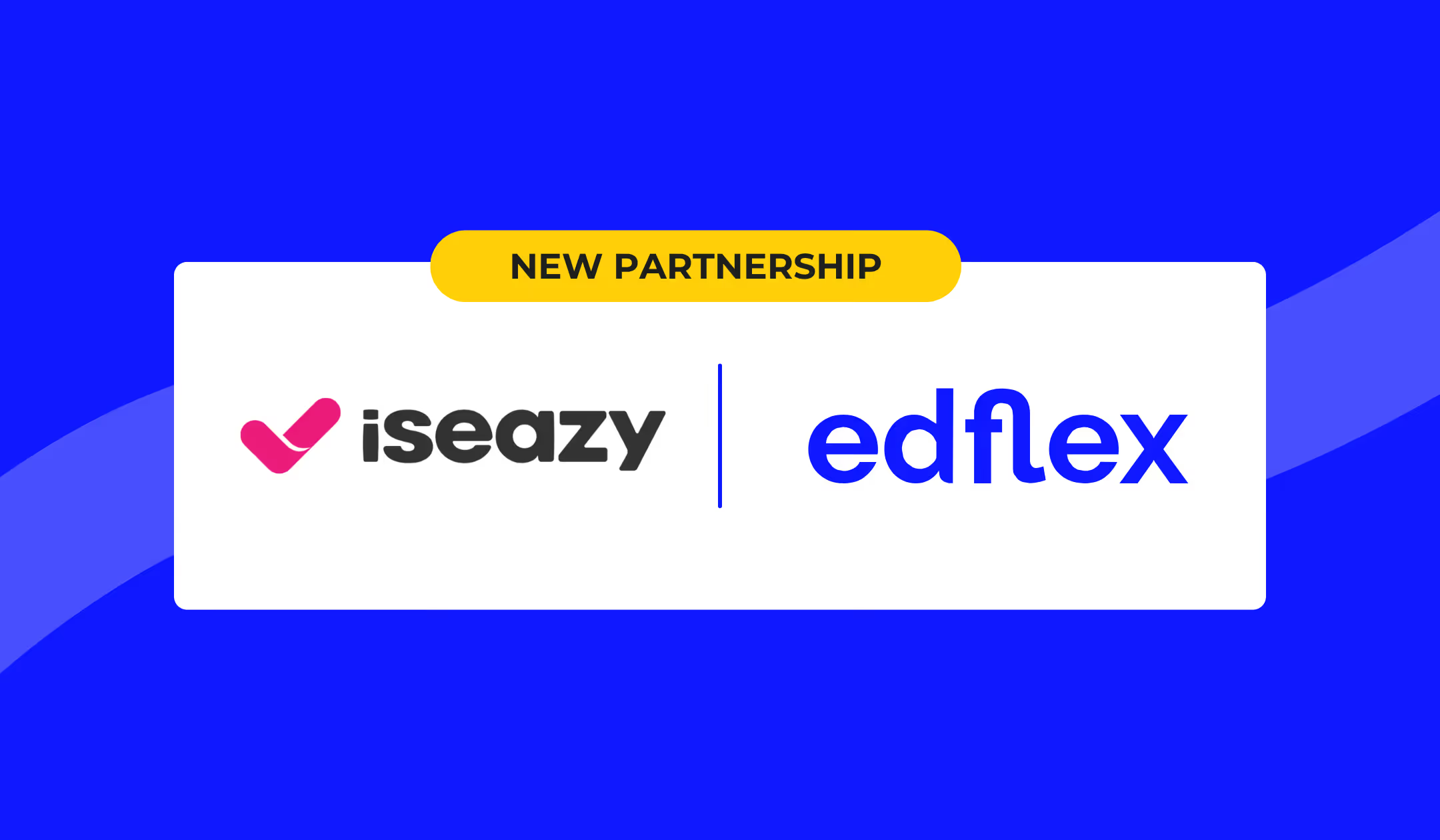Learning and development, or L&D, has an essential role in diffusing diversity, equity, and inclusion knowledge and practice across the organization. Linking DEI initiatives with L&D innovation in content and delivery creates a powerful set of tools for fostering systemic change and ensuring that DEI is a core skill for all employees and at each stage of the career path.
An equitable learning culture focuses on employee assets and strengths, is culturally responsive, and seeks to identify and eliminate systemic inequalities, so all employees can flourish. Creating learning equity requires making DEI a consistent priority, putting flexible learning opportunities within reach, and focusing on corporate culture as the key determinant of employee satisfaction.
Making DEI a consistent versus a reactive priority
Research from the Harvard Kennedy School indicates that U.S. companies do not achieve results commensurate with the approximately $8 billion a year that is spent on DEI training (Data-Driven Diversity (hbr.org)). This mismatch between aspirations and outcomes often results from the company either treating DEI as a luxury item or adopting a defensive and legalistic posture that disincentivizes employees from active participation.
Learning and development can be instrumental to creating a culture in which diversity and inclusion become core operating principles at all organizational levels. Marcos Guevara, manager of learning and development at Iterable, argues, "If we do not integrate DEI principles into all leadership development offerings, too many advantages will be left on the table. Too much knowledge will go unused. Too many leaders will be left without the business-critical skills that DEI training can offer." (Integrate DEI into your leadership development (chieflearningofficer.com)). In partnership with L&D, DEI shifts from being a top-down requirement to a sustainable platform for career and talent development and lifelong learning. It allows the company to tap into talents and skills across the organization.

Putting learning opportunities within reach of all employees
Putting DEI learning and development in the hands of all employees fosters a sense of urgency and commitment. Nick Shackleton-Jones, CEO and founder of Shackleton Consulting, argues that learning is often still confused with education, by which he means a bureaucratized and inflexible one-size-fits-all model that focuses on memorization (('Learning': what are you talking about? | LinkedIn). Skills development today requires just-in-time learning options at all levels. Self-directed learning empowers each employee to become an active participant in shaping a career, rather than a passive follower of a promotions template.
Corporate learning, to be effective, needs to be customized, relevant, and self-directed. Diversity, equity and inclusion, in particular, require continuous learning; it is not just a set of rules or edicts to memorize but a worldview that fosters mutual understanding. Josh Bersin, international expert on corporate training and the workplace, urges L&D to embrace “learning in the flow of work,” by which he means a shift from learning outcomes to personal and organizational growth. (A New Strategy For Corporate Learning: Growth In The Flow Of Work – JOSH BERSIN). DEI training, done well and consistently, is fundamental to growth.

Workers leave because of toxic work environments
Toxic cultures are prevalent in larger, more dispersed corporations, and without a concrete learning and development plan tied to DEI. This toxicity not only harms people in demonstrable ways, including significant health impacts and legal repercussions, it reduces corporate productivity and profitability over the long term.
Karen Brown, founder and managing partner of Bridge Arrow, a diversity and inclusion management consulting firm, refers to “identity cover” as the way in which employees who are different from the majority of their colleagues (due, for example, to religious affiliation or socioeconomic background) hide parts of themselves at work in order to avoid negative repercussions. This natural response to vulnerability can make it hard to know how these employees “feel and what they want, which makes them vulnerable to leaving their organizations” (To Retain Employees, Focus on Inclusion — Not Just Diversity (hbr.org)).
Everyone loses when talented employees leave. This is where using the affinities between DEI and L&D can make the most difference to the company's long-term viability. Diversity, equity and inclusion are not one-off learning modules. Harnessing the best of each employee and ensuring equity requires a C-suite commitment to positioning learning and development as a DEI enabler.
How Can Curated Learning Content Help?
- By putting learning content in the hands of every employee, regardless of their role, location or position in the organization, learning and career growth becomes equitable.
- By embedding a learning path focused on DEI into the flow of work, DEI becomes a priority and second nature to employees.
- By collecting the best thought leadership, best practices and guidance from the world’s best thinkers on the subject of DEI, you offer a robust collection of learning content that constantly evolves and grows
Edflex is a software-as-a-service corporate training platform that specializes in curated learning content. Our personalized learning options can help you to ensure that DEI is prioritized at each level of talent development and each stage of career development. Whether introducing a new concept, upskilling or reskilling, Edflex supplies both the soft skills training and hard skills training that are relevant to today's workplace.



.avif)














